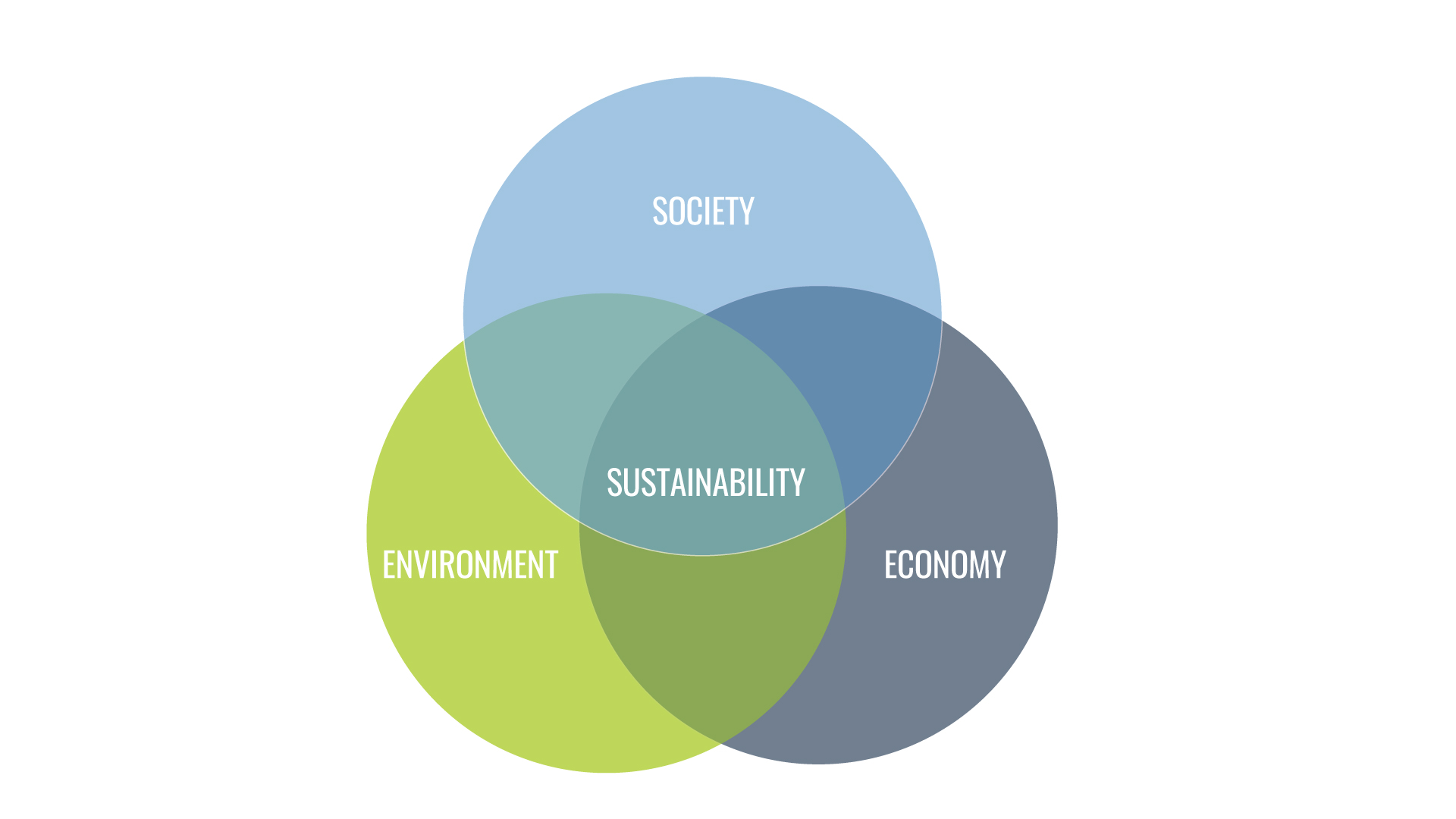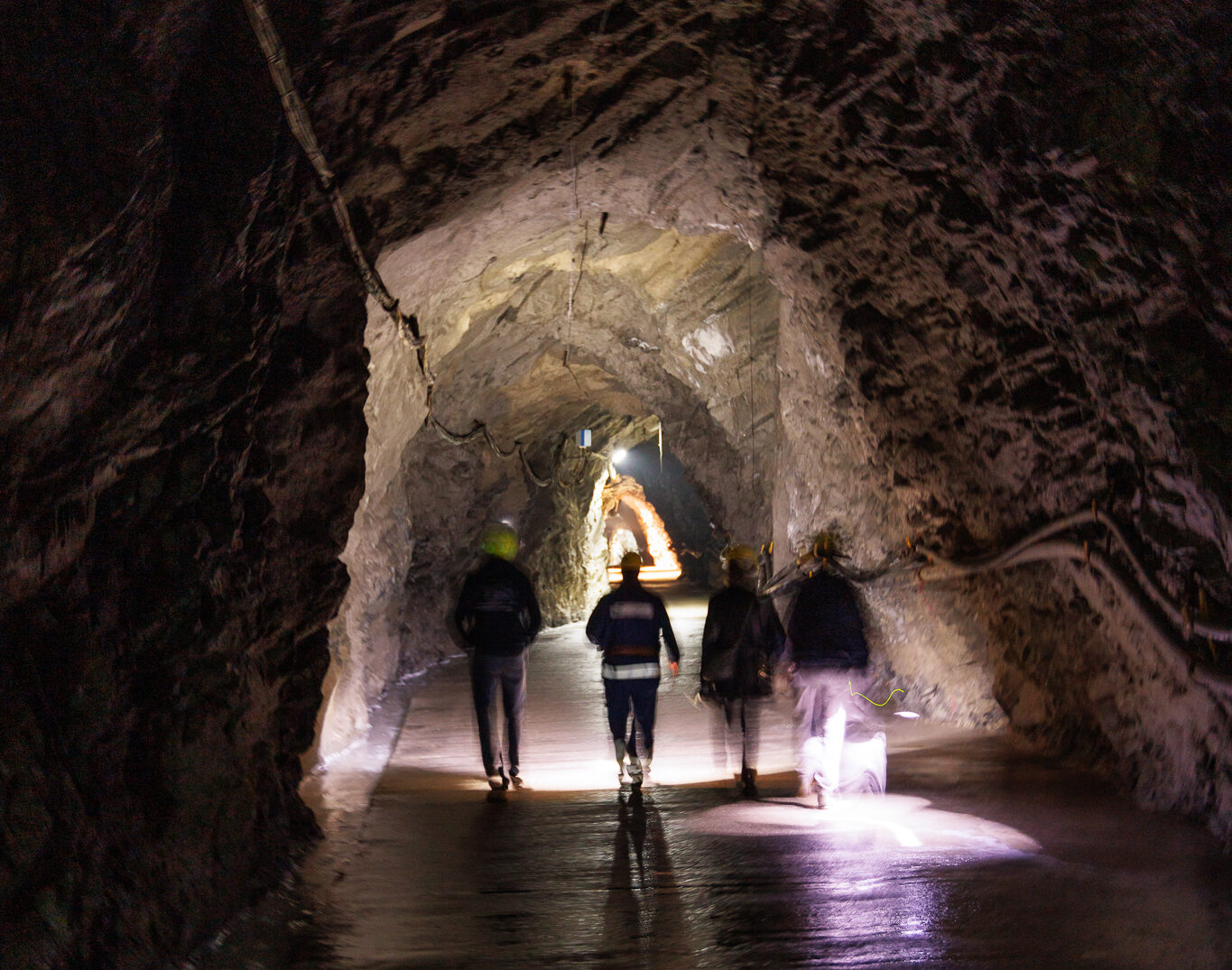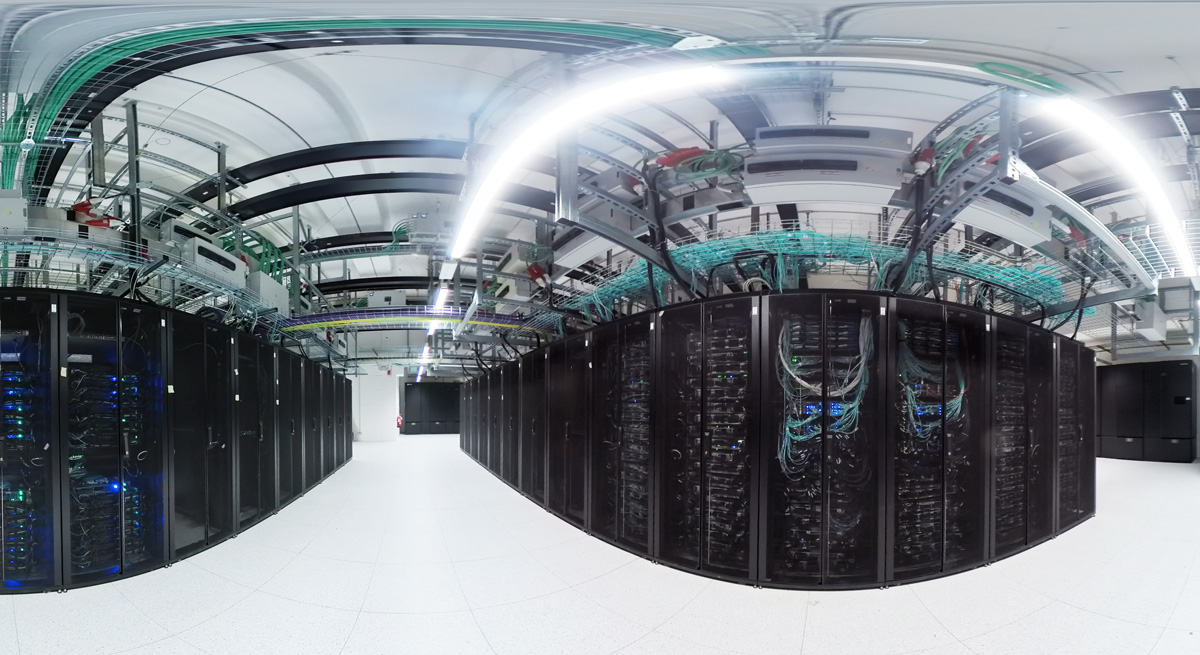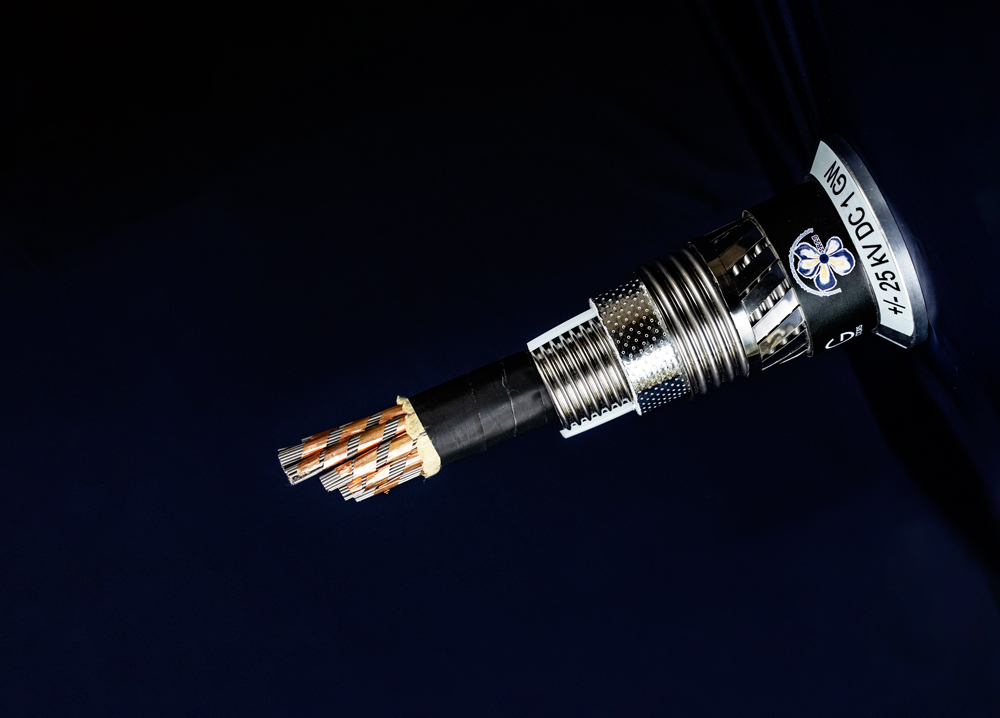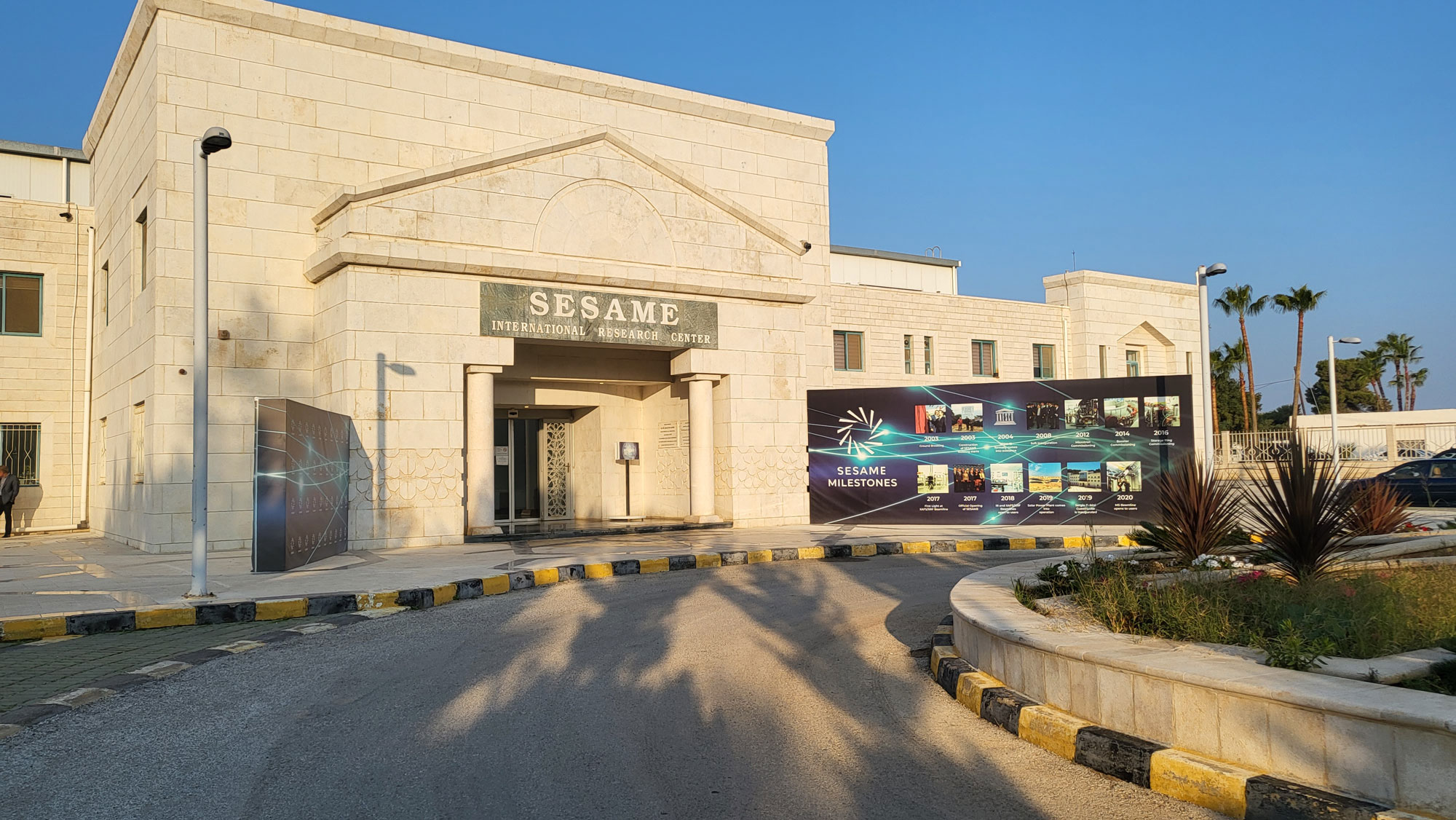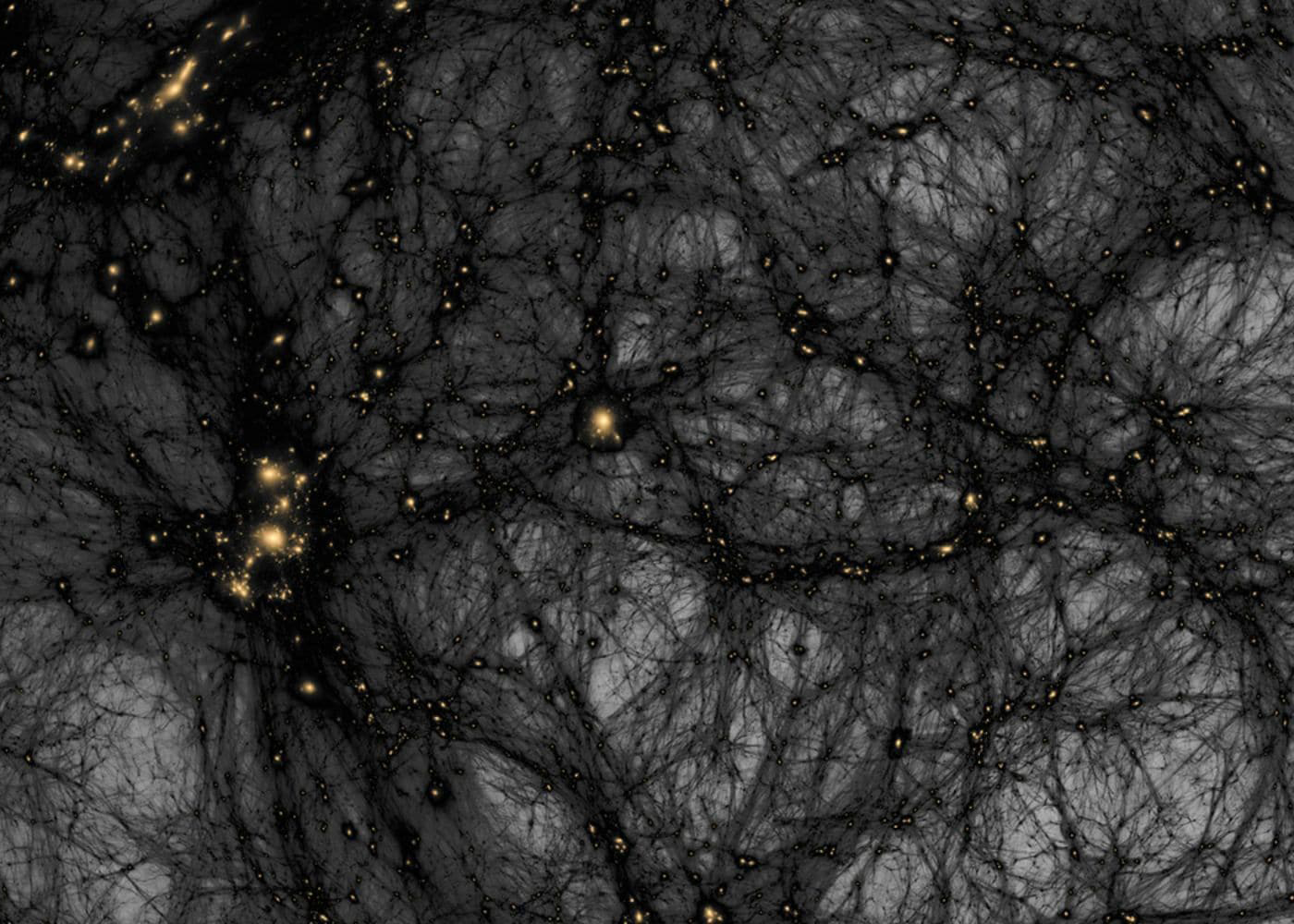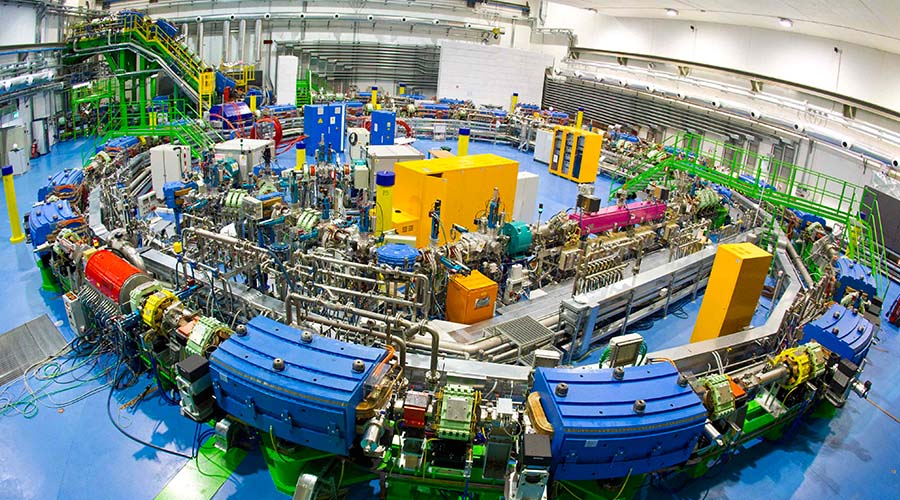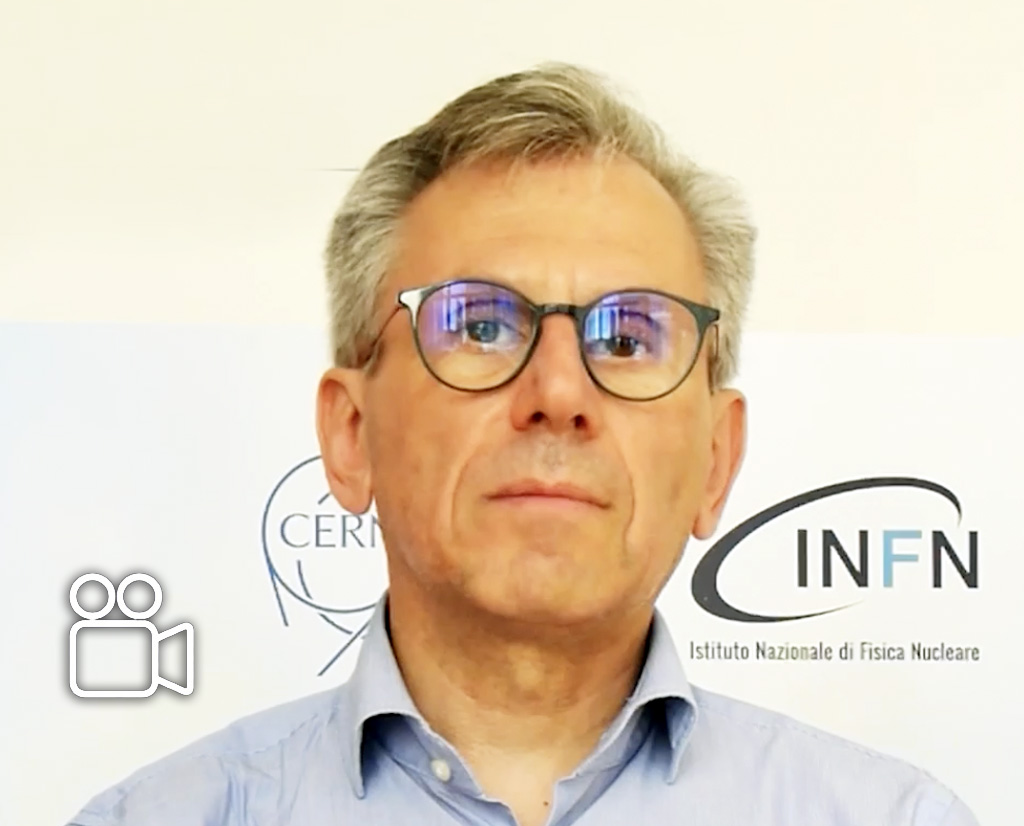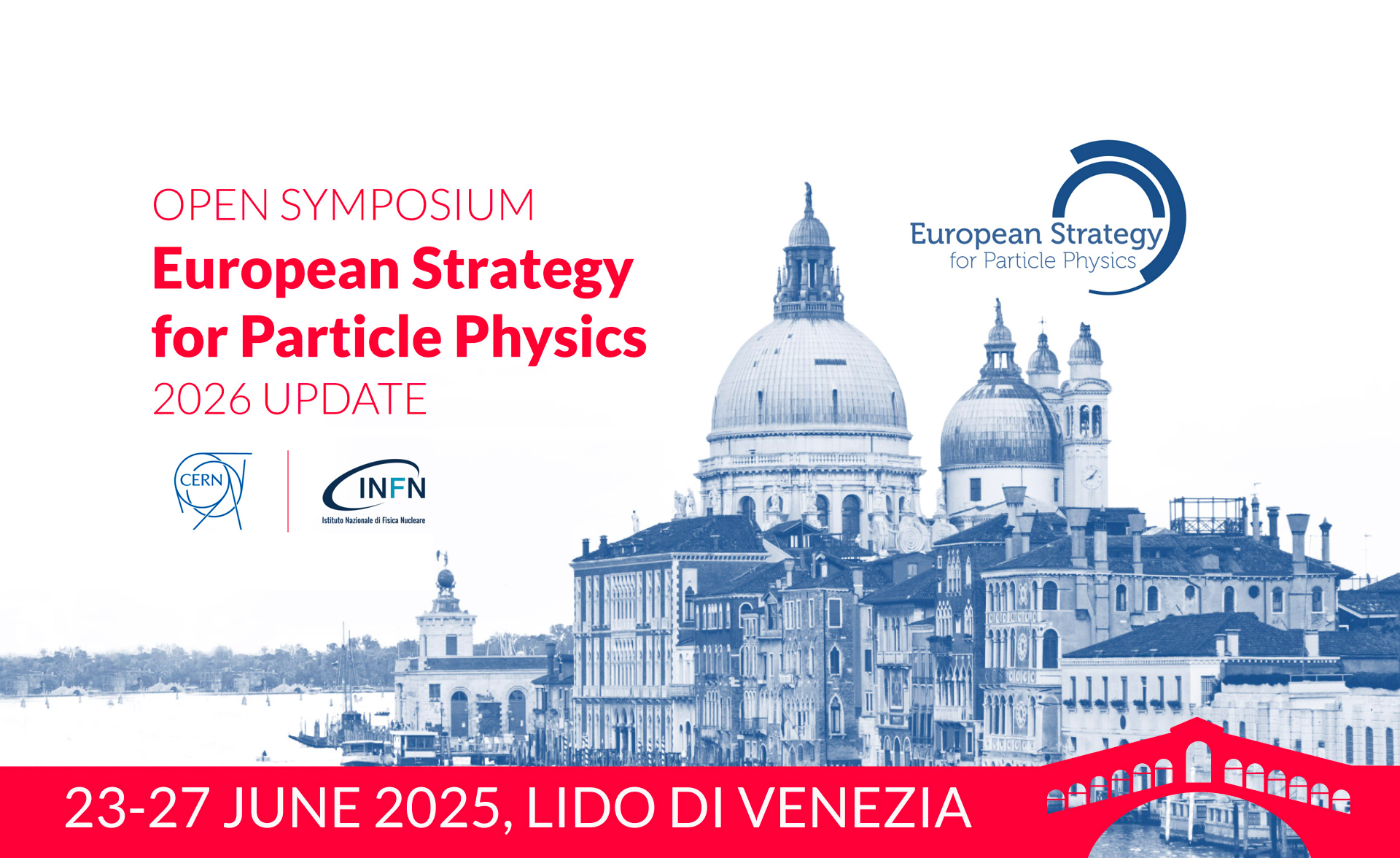In scientific communities, and particularly in physics, sustainability is now addressed not only as a phenomenon to be studied but also as a crucial theme to be incorporated into all major future scientific projects, such as the Future Circular Collider (FCC) and the Einstein Telescope (ET), as well as in ongoing research activities.
As early as 2020, the European particle physics community published an update to the European Strategy for Particle Physics. In this document, it was recommended that CERN conduct a feasibility study for the FCC, a gigantic accelerator that could become the successor to the Large Hadron Collider (LHC). It was also emphasized that “a detailed plan for minimizing environmental impact, energy saving, and reuse should be part of the approval process for any large project.”
In other words, sustainability must be integrated into every large-scale experimental infrastructure and fundamental physics research project. This principle is now widely shared and adopted by the entire scientific community. More generally, CERN has committed to ensuring that every new Laboratory project serves as an example of sustainable research infrastructure, integrating eco-design principles at every stage, from planning and construction to operations and dismantling.
To explore this topic further, you can visit CERN’s page.
The feasibility study for FCC was published last March and consists of a three-volume report, with the third volume specifically dedicated to “Civil Engineering, Implementation, and Sustainability.”
The study envisions projects for a new research infrastructure that will host the next generation of high-performance particle accelerators, aiming to extend the research currently conducted at CERN and to help maintain its leadership in the field. The document explores various accelerator options, combined into a single research infrastructure comprising a 90 km underground tunnel, capable of supporting a robust and diversified physics program with a horizon extending beyond the end of the century.
The environmental feasibility of FCC is analyzed by evaluating aspects ranging from biodiversity preservation to the use of excavated materials, studying more energy-efficient technologies and implementing renewable energy solutions. The study also addresses the project’s energy balance by working on two fronts: improving the efficiency of the superconducting magnet system and exploring new scenarios for sustainable energy consumption, focusing on an energy supply based on a mix of renewable sources. INFN is involved in FCC through complex research and development activities related to the IDEA detector (Innovative Detector for Electron-positron Accelerator), as well as through the study of the infrastructure to be built and the design of the lepton collider.
